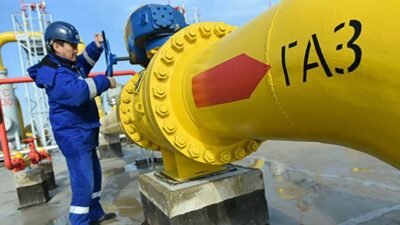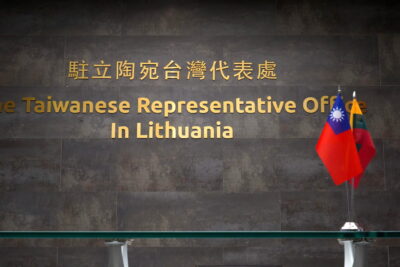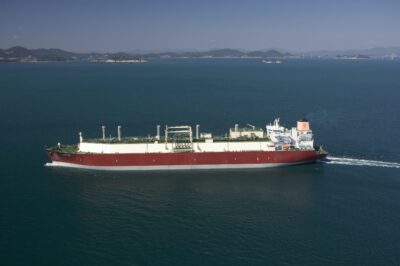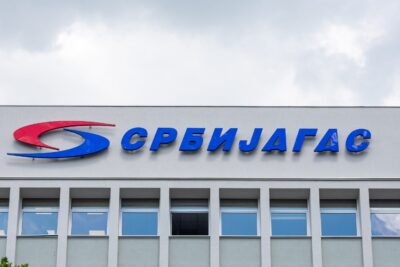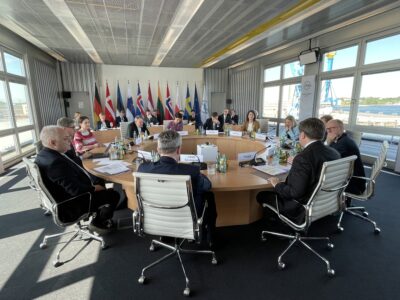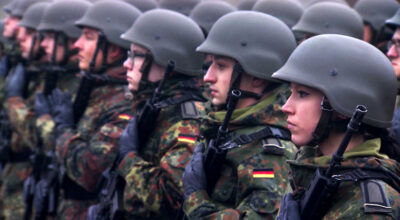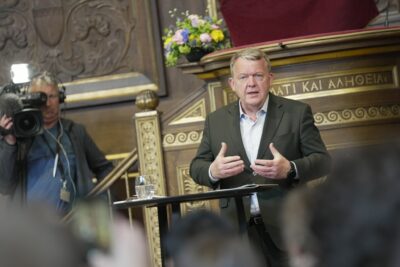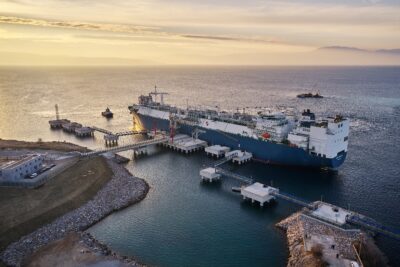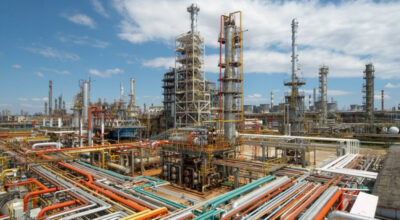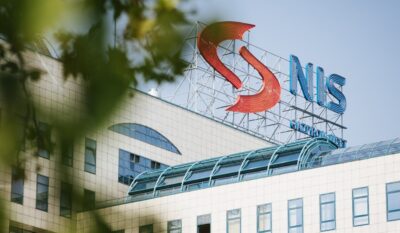Underground natural gas storage facilities in Ukraine
Ukraine’s underground natural gas storage facilities, together with its extensive pipeline network, have played an important role in ensuring the availability of natural gas in Europe over the years. However, the importance of Ukrainian infrastructure was reduced as a result of the systematic reduction of natural gas supplies from east to west following the Russian...
More →
